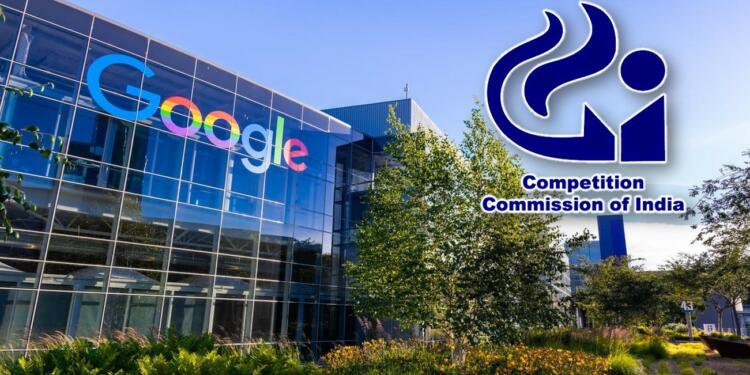- India’s anti-monopoly agency, the Competition Commission of India (CCI), has ordered an investigation against Google for abusing its dominant position in the news aggregation space.
- Digital News Publishers Association complained to CCI that Google siphons a major chunk of advertising revenues (51 percent).
- CCI probe will look into the alleged violations of Section 4(2)(a), Section 4(2)(b)(ii), 4(2)(c), Section 26(1) of the Act.
The problem of abusing the dominant market position through Android has not been resolved yet and Google is facing yet another anti-trust (monopoly abuse) case. India’s anti-monopoly agency, the Competition Commission of India (CCI), has ordered an investigation against Google for abusing its dominant position in the news aggregation space.
Digital News Publishers Association, a consortium of industry players who are in the digital media business, complained to CCI that Google siphons a major chunk of advertising revenues (51 percent), and the publishers, who do the actual work, get a very small percentage.
While the news publishers do the hard work, Google eats the advertising revenue just by providing a platform to them. “At this stage, the Commission is satisfied that a prima facie case is made out against the alleged conduct of Google, which merits an investigation,” CCI said.
The probe will look into the alleged violations of Section 4(2)(a), Section 4(2)(b)(ii), 4(2)(c), Section 26(1) of the Act.
“No doubt, Google, being the gateway, generates substantial traffic for news publishers, but at the same time, the bargaining power imbalance and denial of fair share in the advertising revenue, as alleged by the Informant, merit detailed investigation..,” CCI added.
Big tech American companies like Facebook, Google, and Amazon are under the radar of the regulatory agencies around the world for abusing their dominant market position. These companies find loopholes in the law, and with the help of their well-funded legal team, abuse the law of the land to snatch market share from smaller players.
Also Read: The Indian govt has snatched the very weapon that Amazon used to sabotage the Reliance-Future deal
Google already has one ongoing case of abusing the market dominance of Android. According to a June 2021 report by the Competition Commission of India, Google reduced “the ability and incentive of device manufacturers to develop and sell devices operating on alternative versions of Android.”
Android is the dominant operating system in Indian mobile phones, controlling more than 90 percent of the market share. Thanks to Android’s dominance, Google pre-installs many of its apps on the system. Also, it takes money from the other companies to pre-install their apps on Smartphones.
Read More: Google comes under the scanner of Competition Commission of India for monopolizing mobile market
In the last few months, Google has received backlash across the world for abusing the dominance of Android and Playstore, and regulators in many countries imposed fines worth hundreds of millions of dollars on the company.
Companies like Google have unparalleled access to data and enormous financial resources and disposal to ensure that they can either kill or buy out competitors.
In India, the most recent case of Google’s reckless behaviour was the removal of the Paytm app from Google Playstore. Before that, the tech giant earned the ire of the Indian start-up community after its decision to enforce a 30% commission it charges on payments made within apps on the Android store.
While Google denied app removal allegations, the Indian start-up sector was rocked by the news of the tech giant removing Paytm from its Play Store which caused a huge uproar amongst the community.
While Google restored Paytm on its Play Store after a few hours with Paytm making certain changes, the damage had been done.
Paytm Founder Vijay Shekhar Sharma launched a sharp rebuke as he termed Google as the “big daddy” that controls the “oxygen supply of (app) distribution” on Android phones during the video conference.
Given the lack of respect for the law of the land of American MNCs, countries like South Korea, the United Kingdom, as well as European Union have already fined them heavily. Indian regulators should also tighten screws on the American MNCs, otherwise, India’s thriving start-up ecosystem can be de-accelerated by monopolistic companies like Google and Facebook for petty profits.


























Personally, system technology must be global, centralized with freedom and correct use according to the new empty project.sridechabowon@gmail.com